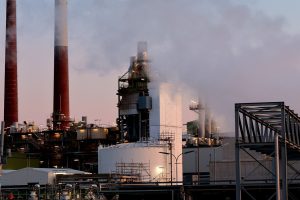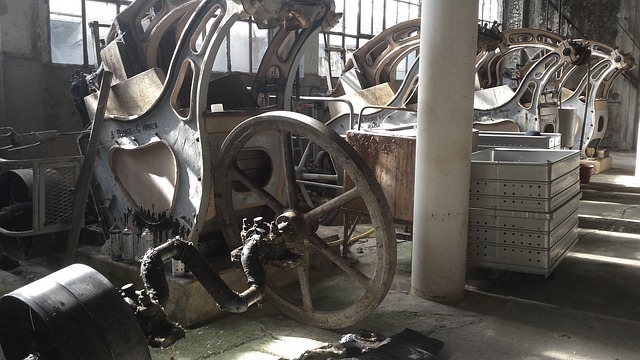Table of Contents

Recent advancements in industrial machinery have revolutionized production processes, enhancing efficiency, sustainability, and worker safety, and are shaping the industry further.
1. The Evolution of Industrial Machinery
Industrial machinery moved from being simple, manual machines towards complex, powered machines in the 20th century from the manual, simple machines in the late 18th century. The 21st century has seen digital technology such as sensors, data analysis, and artificial intelligence change things, allowing for more complex and better-quality products and higher productivity.
2. Automation and Robotics
Automation and robotics have revolutionized the industrial world by substituting repetitious, dangerous, and precision-requiring operations. Computer-controlled automated systems minimize human involvement and mistakes. Robots, including assembly, welding, and material handling, operate with no fatigue, raising the production level. They have sophisticated sensors and programming, making them responsive to changes. Collaborative robots, or cobots, work together with humans, boosting productivity while ensuring safety. The convergence is inexpensive and vital for industries experiencing shortages of labor.
3. Sustainable Manufacturing Practices
As awareness of industrial operations’ impact on the environment increases, sustainable manufacturing practices are now high on the agenda. New industrial equipment is now planned with energy efficiency and minimization of waste. High-tech manufacturing such as 3D printing is minimizing material wastage by enabling accurate, additive production. Machines also come with sensors to track energy consumption, making real-time adjustments to maximize use. Renewable sources of energy, like wind and sun power, are also being used in industrial processes to minimize the use of fossil fuels. In addition, the idea of the circular economy, where equipment is designed to last and at the end of its lifespan can be recycled or reused, is being practiced. These green practices not only reduce environmental footprints but also lead to cost reductions and adherence to more stringent environmental regulations.

4. Enhancing Worker Safety
Industrial equipment has significantly enhanced worker protection by way of various technological improvements. Machinery used long ago was extremely hazardous, with mechanical malfunctions and exposure to toxic chemicals being the most serious risks. Machines now incorporate failsafe controls, protective enclosures, and emergency shutdowns that drastically reduce the possibility of accidents. Robotics and automation continue to boost safety by assuming risky jobs that could be hazardous for human laborers. They are able to work under harsh conditions like scorching heat or hazardous materials where human presence would not be safe. In addition, wearable technology, such as smart vests and helmets, with sensors, can track workers’ health and the surrounding environment, giving immediate warnings for possible dangers. Training conducted through virtual reality (VR) mimics perilous situations, enabling laborers to rehearse reactions in a safe environment. All of these technologies play an important role in making the workplace safer.
5. The Future of Industrial Machinery
The industrial future of machinery is in keeping integrations going of advanced technologies like machine learning, the Internet of Things (IoT), and artificial intelligence (AI). AI and machine learning allow immense volumes of data to be analyzed to forecast maintenance requirements, maximize production schedules, and enhance the quality control process. IoT allows machines to talk to other machines, establishing a very efficient and networked production environment, commonly known as Industry 4.0. It enables real-time monitoring, remote operation, and rapid reaction to any problem. Moreover, breakthroughs in material science, including the creation of lighter, stronger composites and adaptive materials that can alter properties, will result in even more sophisticated machinery. With the advancement of technology, the machinery of the future will be even more efficient, flexible, and powerful, propelling even more change in the sector.
